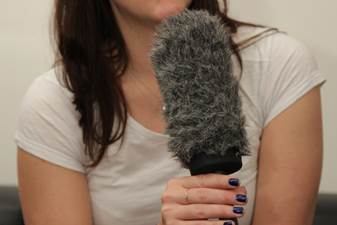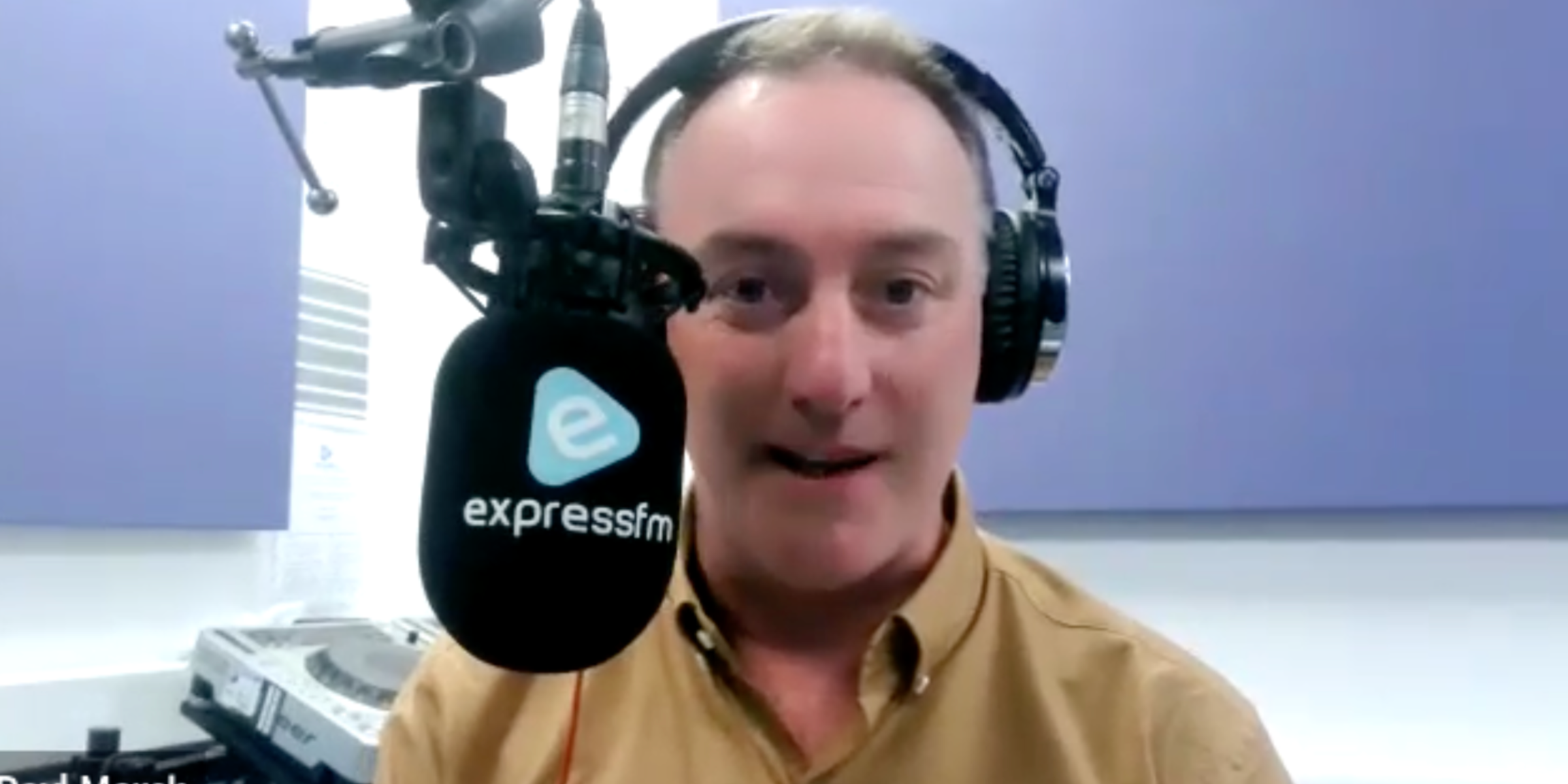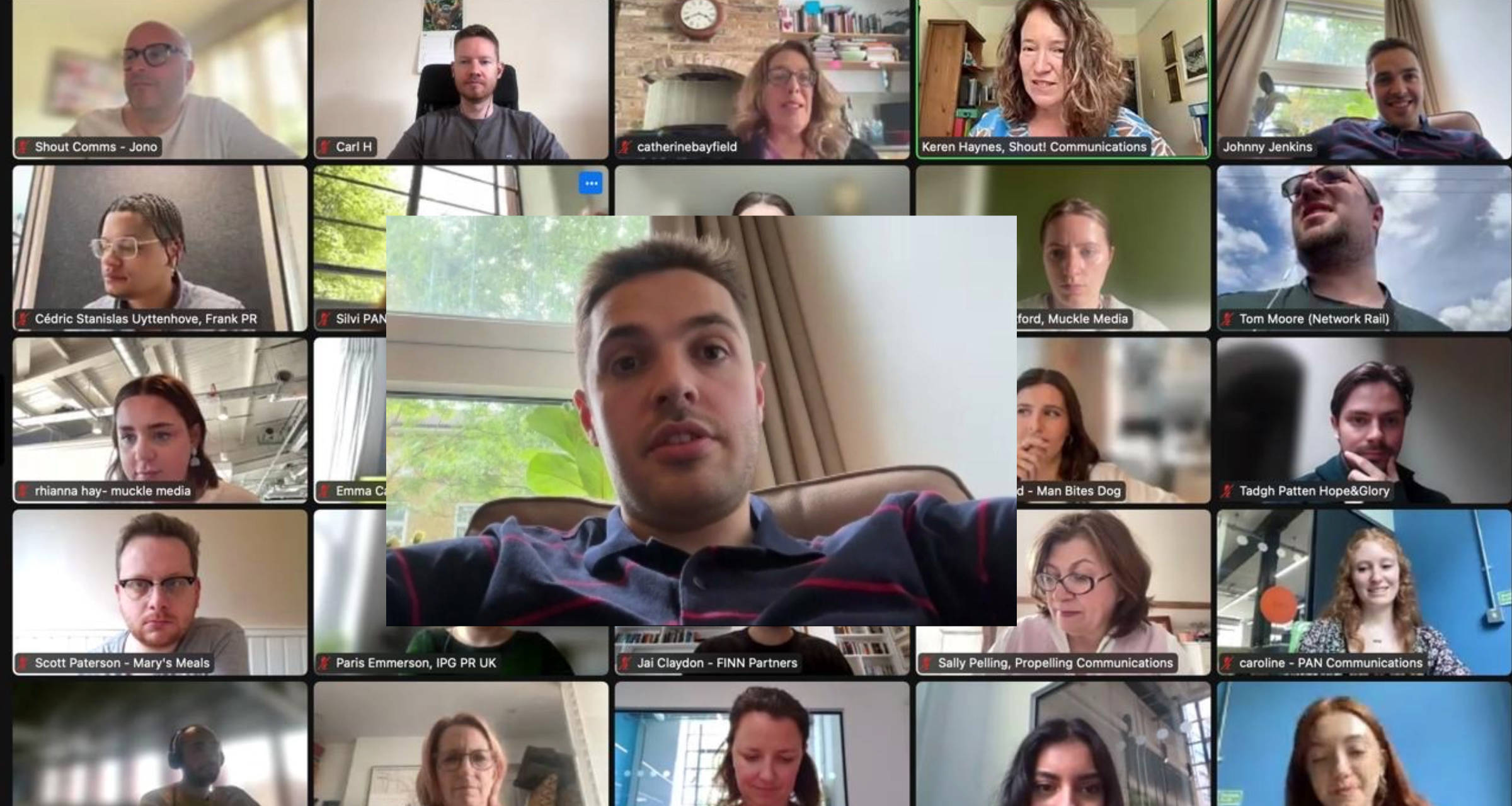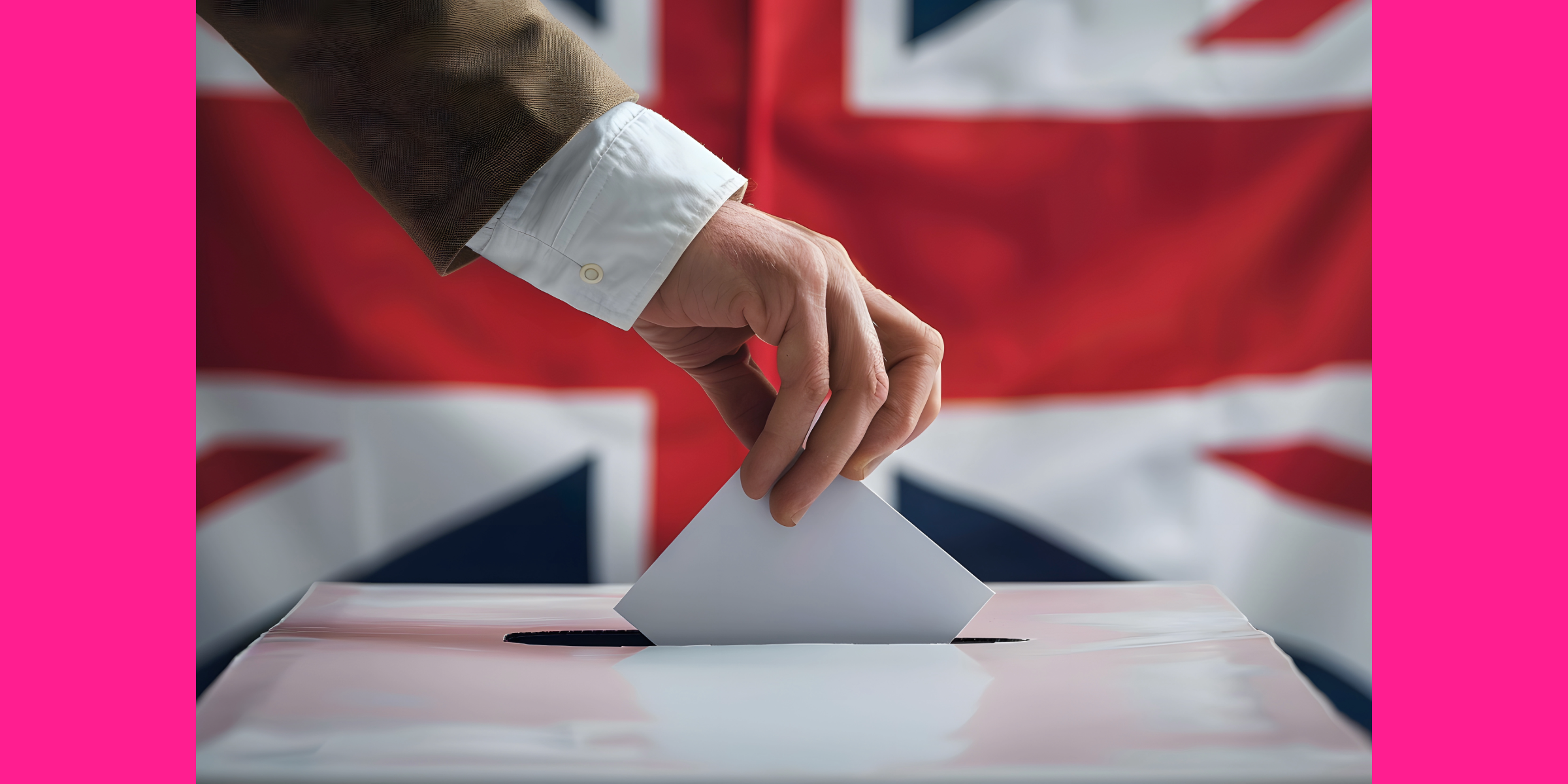When securing coverage for your PR campaign on TV, radio, or online, case studies are a fantastic way to get broadcasters’ attention. They can offer a personal account to support your story in a non-commercial way, bringing a human angle that audiences can really identify with. Here are our ‘top tips’ on how to pick the right case study for your broadcast PR campaign, and how to prepare them for media activity:
How to select the right case study
Any case study should be completely relevant to the story. For example – for a campaign that promotes a new healthcare drug, the case study must have first-hand experience of taking the drug. If they suffer from a condition that the drug would treat but haven’t ever had the drug they will be less appealing to broadcasters.
Bear your target audience in mind when sourcing case studies. Every radio and TV station wants interview opportunities that appeal to their audience, so it is important to select a case study of an appropriate age and background to suit the demographic that you most want to reach. So if you’re trying to get your message to 25-40 year old women, you might want your case study to appear on This Morning, but it’s no good offering them a 70-year-old male case study who won’t be relatable to their audience.
It is important to ascertain whether your case study is suitable for media activity. Chat to them, either face-to-face or on the phone before making your decision on who to use. Through talking to them you should get an impression of whether or not they would be able to hold their own on television and on the radio. If your story is a health story and your case study is unwell then do bear this in mind when speaking to broadcasters and double check how many interviews your case study is willing and, more importantly, able to do.
Preparing your case study for media activity
t is hugely important to make sure any case studies are fully briefed on the story. They should be clued-in on all supporting stats and the key messages to be included, but also make sure that they are able to fluently discuss their own story, as well as knowing the ins and outs of the broadcast PR campaign. The reason the broadcasters want to talk to the case study is so that they have a personal (and often local) account, and this mustn’t be lost in the messaging.
Remind case studies that they can’t be too commercial as broadcast journalists will cut them off if they plug their brand or organisation too many times. We advise two brand mentions at most: one the name of the client and the other the website.
Make sure your case study understands what media activity involves. Broadcasters may want to speak to them for pre-records in advance of the embargo date (if the story has one) and breakfast shows air from 6am so may request early interviews. If the case study is in a studio for a radio day interviews can be back-to-back so make sure they are aware of this. If they are not coming in for a radio day, radio journalists may want to conduct the interviews either via the phone or via another studio’s ISDN. If the case study is local to the station they may also ask to interview them at the case study’s house or in their studio.
The case study should be aware that they may be required to travel to a television studio. If a television interview opportunity has been secured, breakfast programmes will usually have filmed the case study at their house or at a location relevant to the story the day before and will want to follow the footage with a chat on the sofa.
If the interviews are happening on the phone, the case study should be in an area where they won’t be disturbed, with as little background noise as possible. Ensure that they have a printout of the press release and stats in case they need guidance, but ask them not to read from it as broadcasters want an interview to sound natural and personal.
The case study should be briefed as to whether the interview is live or pre-recorded, who will be doing the interview and how long they can expect it to last.
If it’s for TV, the case study should be informed of the conditions of the interview. They should know what style the interview is (for example a sofa chat), who is going to be conducting the interview and the predicted duration. Many people freeze in front of camera, so it is important that they feel comfortable with the key messaging and confident about going on television.
If possible during the interview try to listen, or watch to ascertain whether the case study is including the key messages.
Afterwards give the case study positive feedback to encourage their confidence. If the campaign involves several interviews which are back-to-back, they should feel self-assured, and if they did miss any key messages, gently guide them for next time without knocking their confidence.
Finally, try to encourage your case study to enjoy themselves – they may feel nervous, but most people get a kick out of being on radio or TV and ultimately it should be a positive experience for your case study – which will in turn make it a success for you and your campaign.




